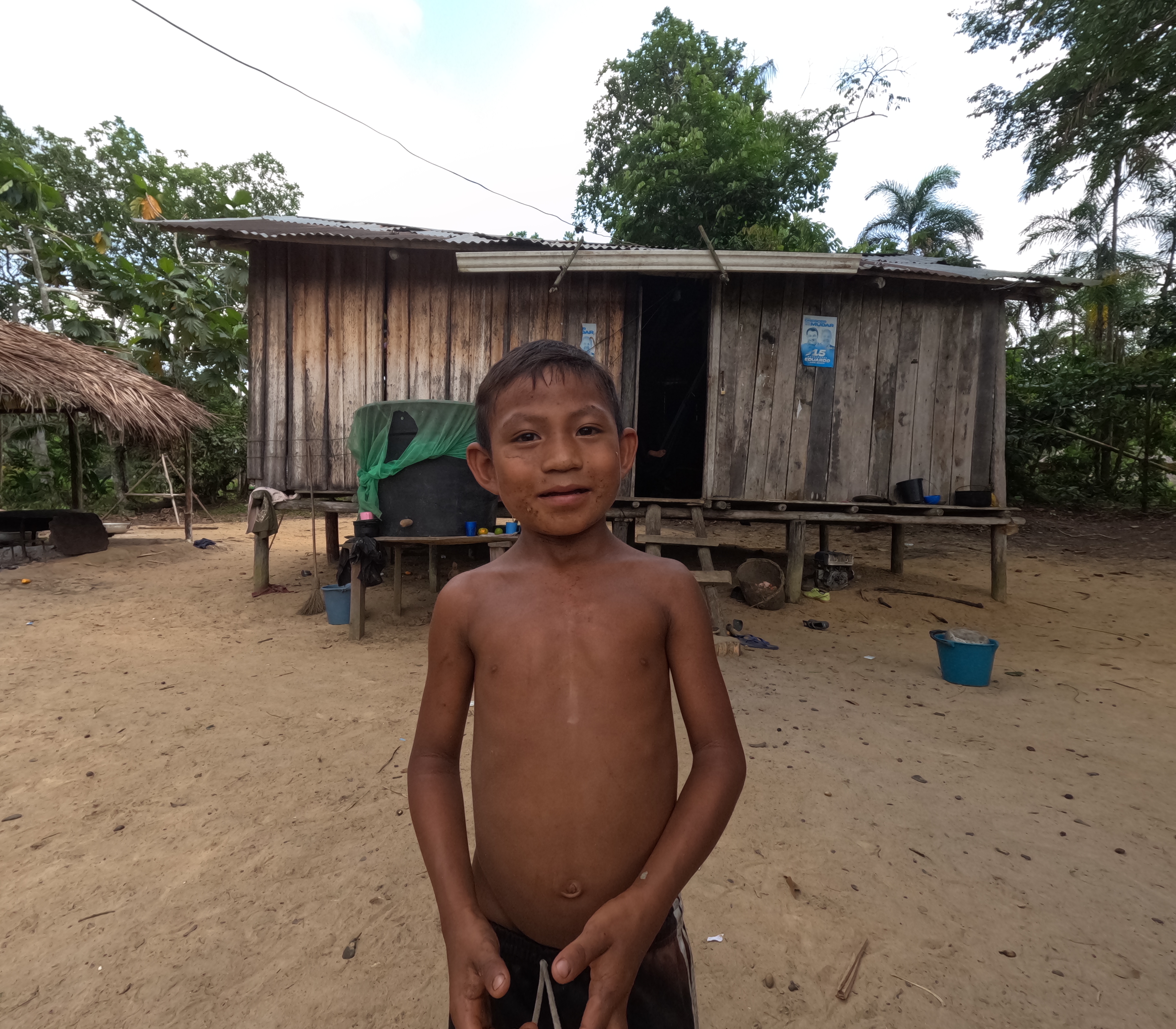Stranded in Tainá
After the initial preparations and near-death experience with our dugout canoe, the expedition had yet to truly begin. We found ourselves in the small community of Tainá, abandoned for five days. With only fruit to eat and fish available every other day, survival became our primary concern.
Living Off the Land
Fishing in Tainá was a mixed experience. Some days we were fortunate, but worm-infested fish were common. The locals showed us how to deal with this by simply picking out the worms before cooking. This was a stark reminder of the harsh realities of survival in the Amazon.
Meeting the Pastor from São Gabriel
The next step in our journey involved meeting a pastor from São Gabriel. This pastor, who was in a community close to Tainá, was a seasoned traveller of the river, having made the journey three to four times a year for the last 15 years. He had valuable contacts along the river, which we hoped would aid our expedition.
Navigating Rapids and Hauling the Boat
Navigating the river involved several physically demanding tasks. Hauling the boat over rapids was a regular occurrence. This task was not without its dangers; a broken ankle in the rapids could have easily happened if we weren't careful. The physical toll of these efforts was immense, yet it was a crucial part of our journey.
Stopping at Villages
During our travel between Tainá and Yareate, a border town, we frequently stopped at villages. These stops were essential for replenishing our food supplies. While we sometimes managed to catch fish, the ones available for purchase in the villages were often of better quality. This became our preferred method for securing food.

Encounters with Brazilian Soldiers
Our journey was not without its interruptions. The Brazilian soldiers, stationed along the river, were a constant presence. They would stop us at every opportunity, taking pictures of me and my passport, and asking countless questions in Portuguese. These interactions were time-consuming and often frustrating, requiring translation from Portuguese to Spanish and back again through our boat captain.
Reflection and Resolve
Reflecting on this part of the expedition, I realised how critical these experiences were in shaping our resolve and adaptability. The challenges of living off the land, dealing with infrequent and low-quality food supplies, and navigating the demanding river terrain tested us in ways we had not anticipated. Yet, each trial also prepared us for the larger journey that lay ahead.
